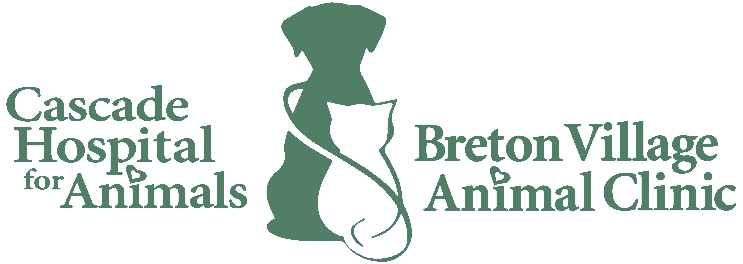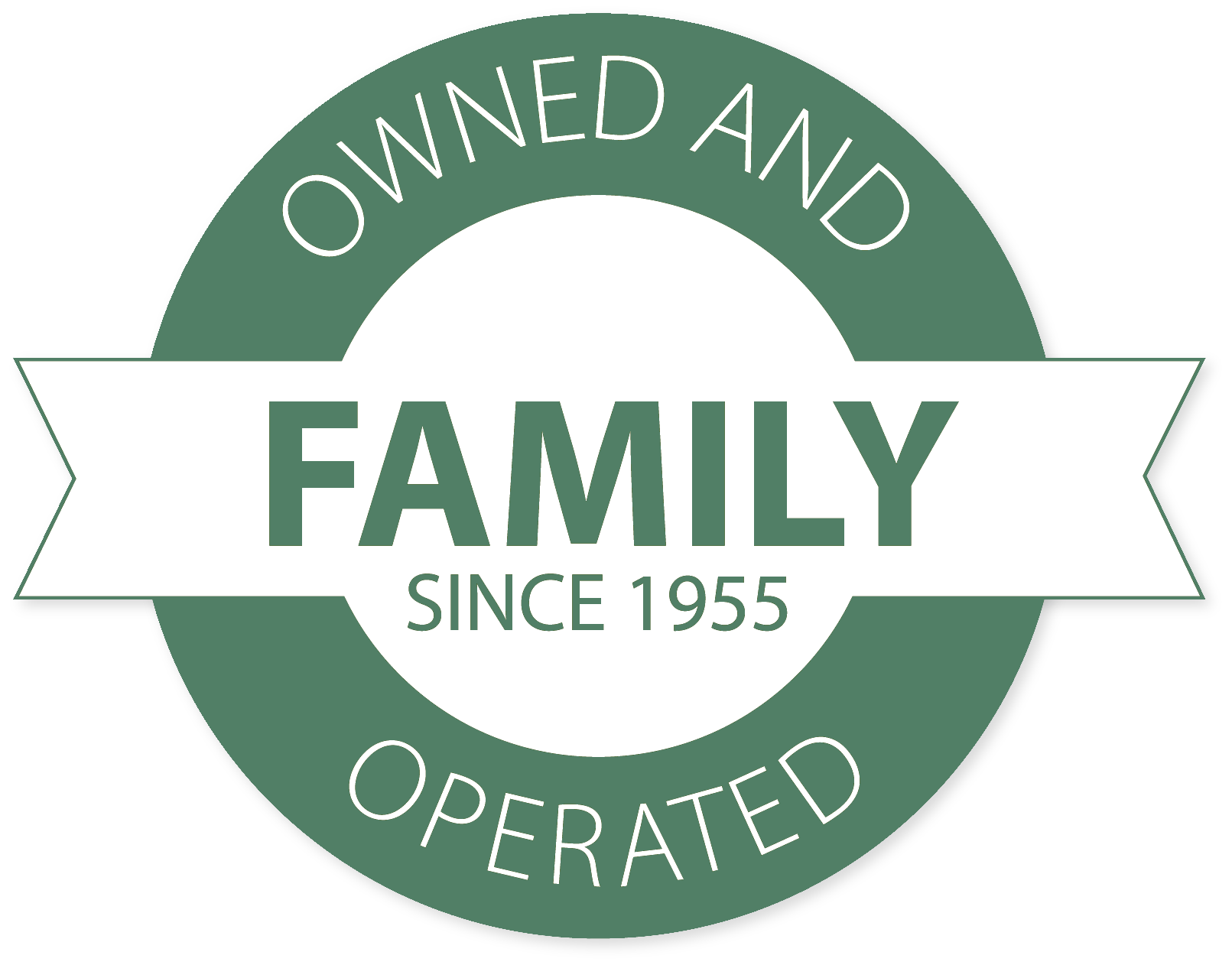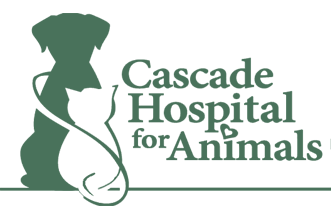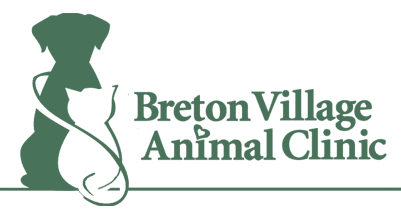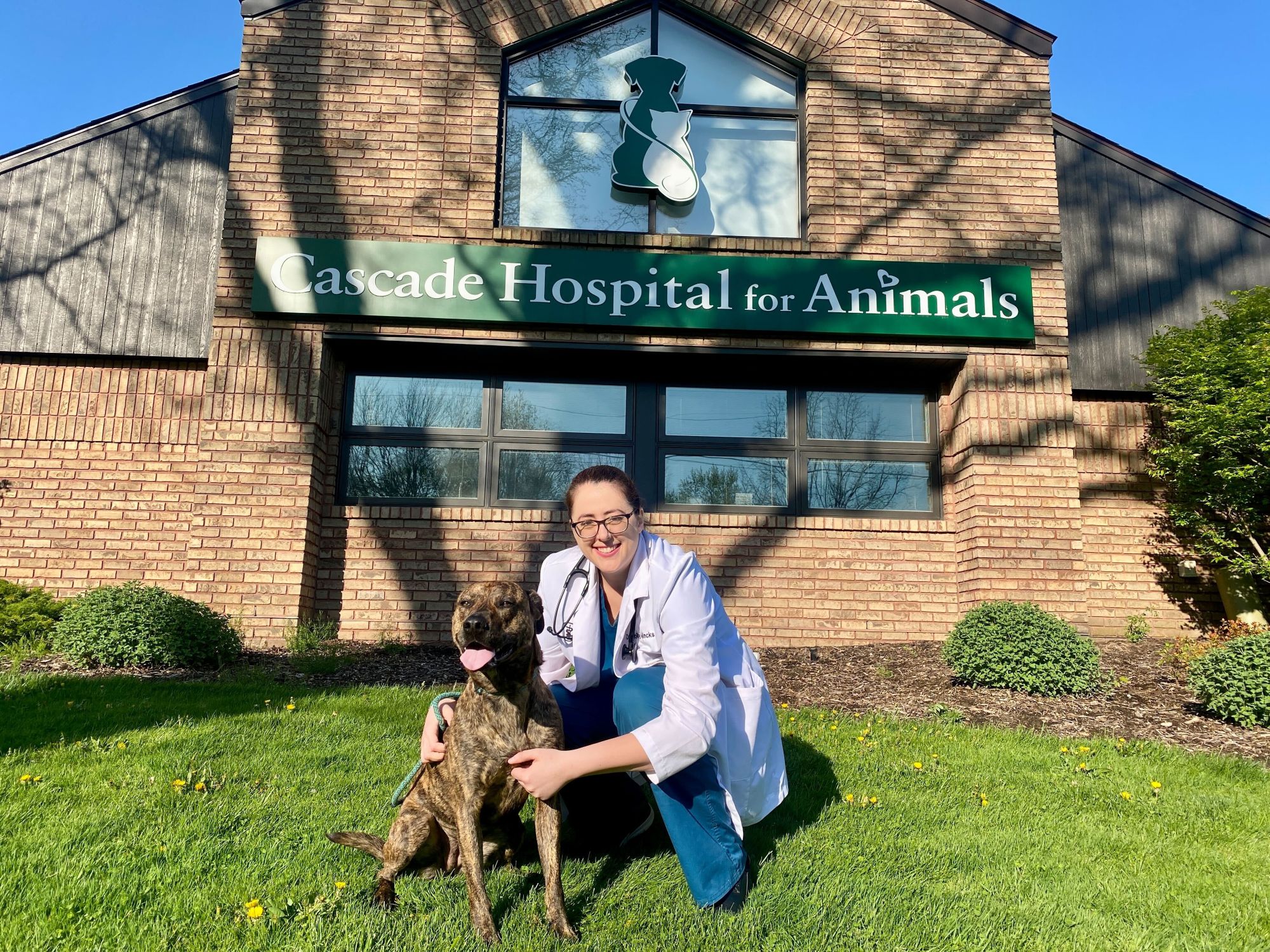
A Safe Guide to Lawn Treatments for Pet Owners
As the weather warms and our lawns beckon us outdoors, many of us turn our attention to achieving soft, beautiful grass and a yard rid of mosquitos. However, for pet owners, this endeavor requires extra caution. At Cascade Hospital for Animals, we frequently see concerned pet parents whose beloved companions have had adverse reactions to lawn care treatments and chemicals. To help you keep your pets safe while maintaining a beautiful yard, Dr. Holly Mincks, one of our experienced veterinarians here at CHFA, educates on the potential risks and how to minimize them.
"We love seeing families enjoy their yards with their pets," says Dr. Mincks. "But it's crucial to be aware of the potential dangers that some common lawn treatments can pose. Understanding these risks and taking preventative measures can make all the difference in your pet's health and well-being."
Common Culprits: Herbicides and Pesticides
When it comes to lawn care, herbicides (weed killers) and pesticides (insect killers) are the most frequent offenders causing issues in pets. Dr. Mincks explains, "The most common reaction we see is contact dermatitis. If a pet walks on a treated lawn before the product has fully dried, they can develop redness, itching, and even a rash, particularly on their paws, legs, and underside." This happens because the chemicals can directly irritate the skin upon contact.
While less common, ingestion poses a more significant threat. Fertilizers, while intended for plant health, can cause gastrointestinal upset if consumed. "Ingesting fertilizer can lead to vomiting, diarrhea, incoordination, weakness, and in some cases, even tremors," cautions Dr. Mincks.
An often-overlooked danger in the yard is compost. While seemingly natural, decaying organic matter can harbor harmful fungal mycotoxins. "Dogs are often attracted to the smell of compost, but ingesting it can cause serious problems like vomiting, diarrhea, and even seizures due to these mycotoxins," warns Dr. Mincks.
Are there specific products to completely avoid? While the specific ingredients and formulations vary widely, Dr. Mincks emphasizes caution with all chemical treatments. "It's less about specific brand names and more about understanding the type of chemical and how it's applied. Granular products can be particularly enticing to dogs, so extra care should be taken with them."
Navigating "Pet-Friendly" Alternatives and Safe Practices
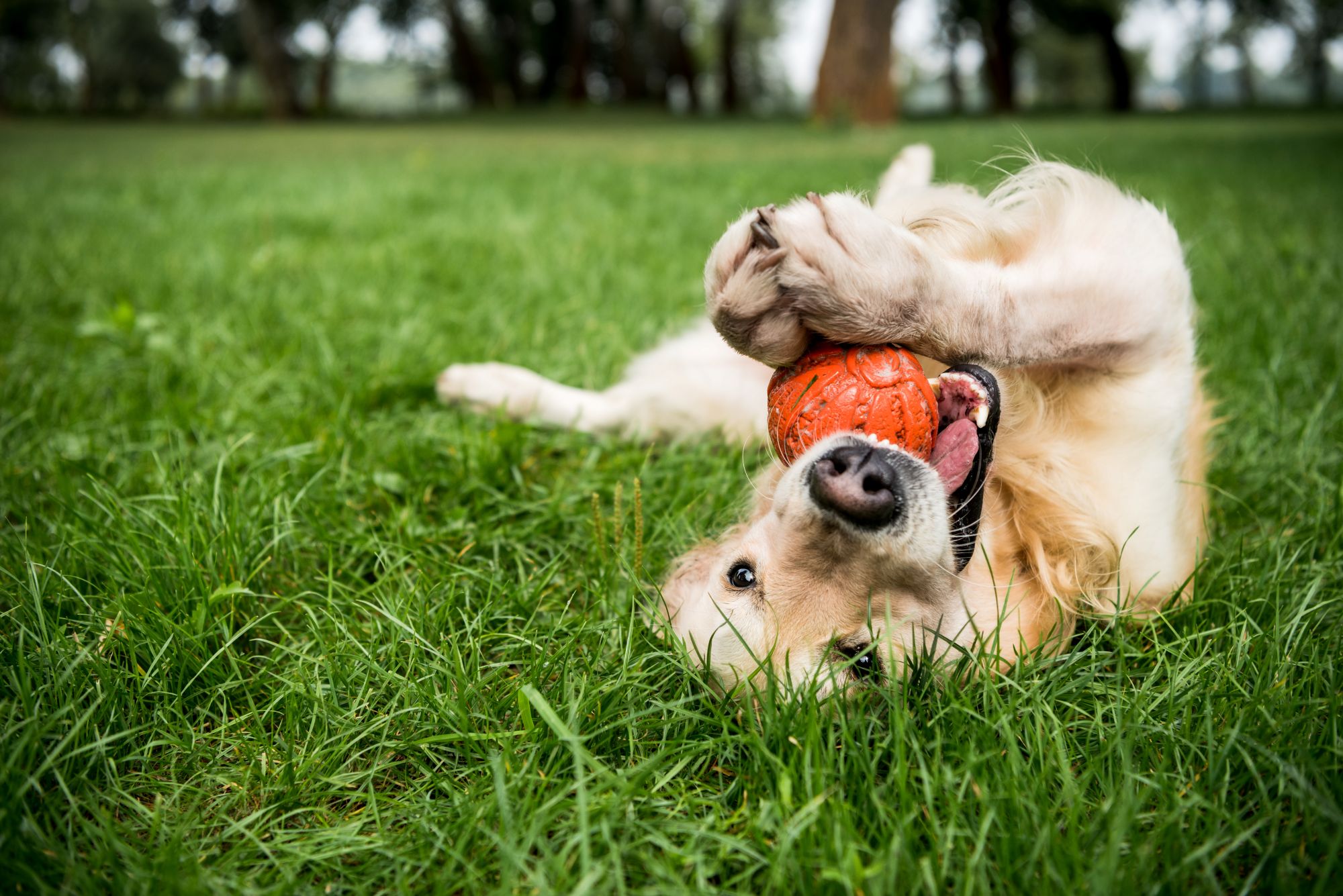
Many pet owners seek out "pet-friendly" alternatives to traditional lawn treatments. While some products market themselves as such, Dr. Mincks advises a cautious approach. "While some natural or organic options might be less harsh, it's essential to still follow the manufacturer's instructions meticulously. Even 'pet-friendly' doesn't always mean 'immediately safe.'"
Her top recommendation? Strictly adhere to the manufacturer's guidelines for any lawn care product. This includes paying close attention to drying times. "If a product is applied wet, keep your pets off the lawn for at least 24 hours, or even longer if the instructions specify, until it is completely dry," she stresses.
For granular products, Dr. Mincks advises a different strategy. "Keep your pets away from granular treatments entirely during application. After applying, water the granules in thoroughly. This helps to dilute the product and move it into the soil, reducing the risk of direct contact."
Recognizing the Signs of Trouble
Being vigilant for any signs of poisoning is crucial for pet owners who use lawn treatments. Dr. Mincks outlines the key symptoms to watch for:
- Skin Contact: Excessive licking or chewing at the paws or feet, redness, or a visible rash on the paws, legs, or belly.
- Ingestion (Fertilizer): Vomiting, diarrhea, incoordination, weakness, and tremors.
- Ingestion (Compost): Vomiting, diarrhea, and seizures.
"If you notice any of these signs after your pet has been in the treated yard, it's important to take action quickly," advises Dr. Mincks.
First Steps in Case of Accidental Exposure
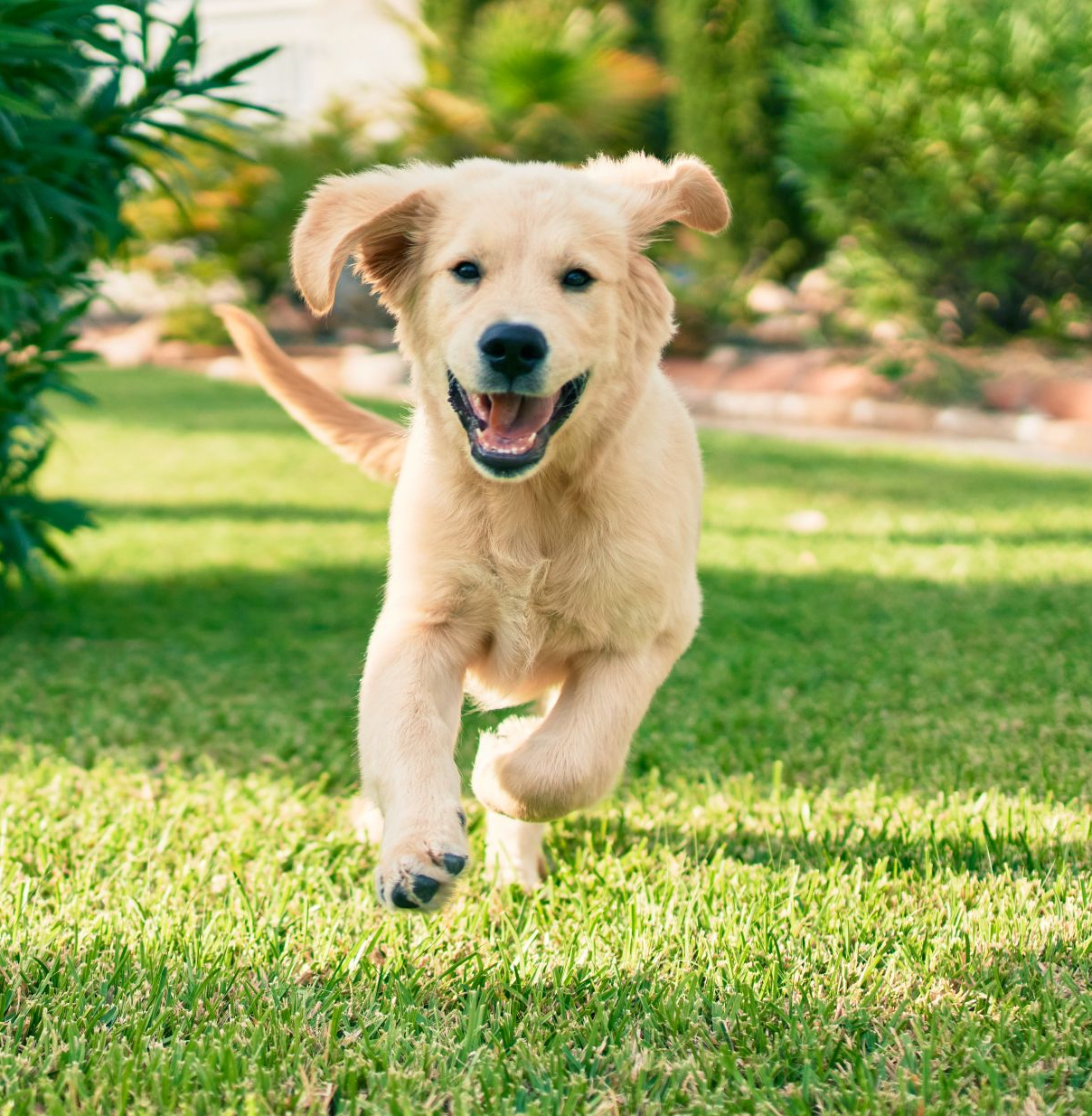 Accidents happen, and knowing what to do in those first critical moments can make a significant difference. Dr. Mincks provides clear instructions:
Accidents happen, and knowing what to do in those first critical moments can make a significant difference. Dr. Mincks provides clear instructions:
"If your pet ingests any lawn care products, fertilizers, or compost, call your veterinarian immediately. Do not try to induce vomiting unless specifically instructed to do so by a veterinary professional, as this can sometimes cause more harm."
For skin contact, the initial steps involve removing as much of the irritant as possible. "The first thing you should do is wipe your pet down with a clean, dry towel to remove any surface residue. Then, when you are able to, bathe them thoroughly with a mild, dog-friendly shampoo. Rinse them well to ensure all traces of the chemical are gone."
Following these initial steps, it's important to monitor your pet closely. "If you see persistent or excessive itching, licking, or if a rash develops or worsens, schedule an appointment with your veterinarian. We can assess the situation and provide appropriate treatment."
Important Note: Dr. Mincks clarifies that all pets, regardless of age, breed, or pre-existing conditions, are potentially susceptible to the harmful effects of lawn care chemicals. There isn't a specific group that is inherently more at risk.
By understanding the potential dangers of common lawn care treatments, following safe application practices, and knowing the signs of poisoning, you can take proactive steps to protect your beloved pets. At Cascade Hospital for Animals, we are always here to answer your questions and provide guidance on keeping your furry family members healthy and safe. If you have any concerns about lawn care products and your pet, please don't hesitate to contact us.
